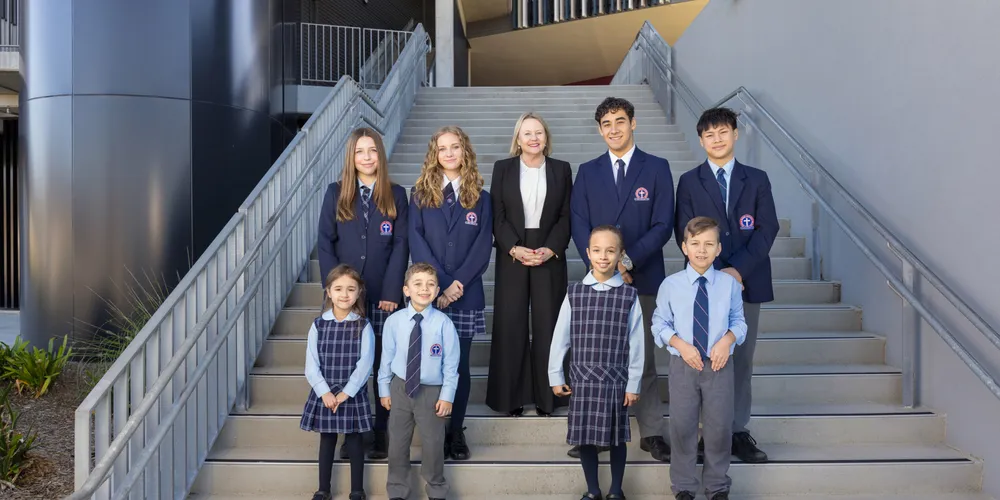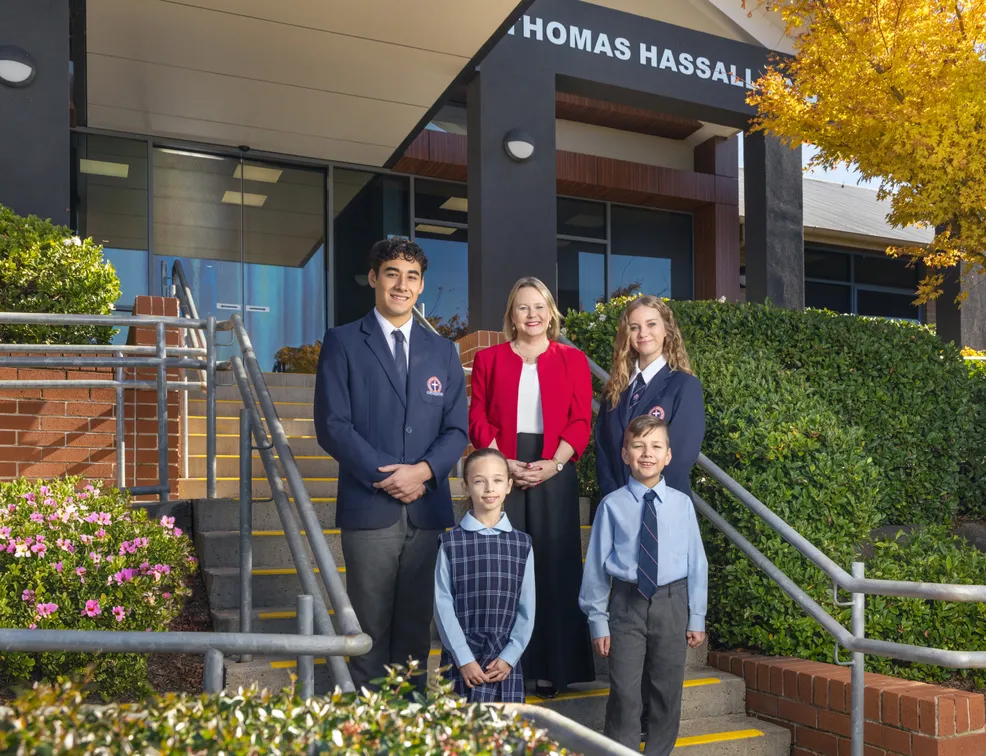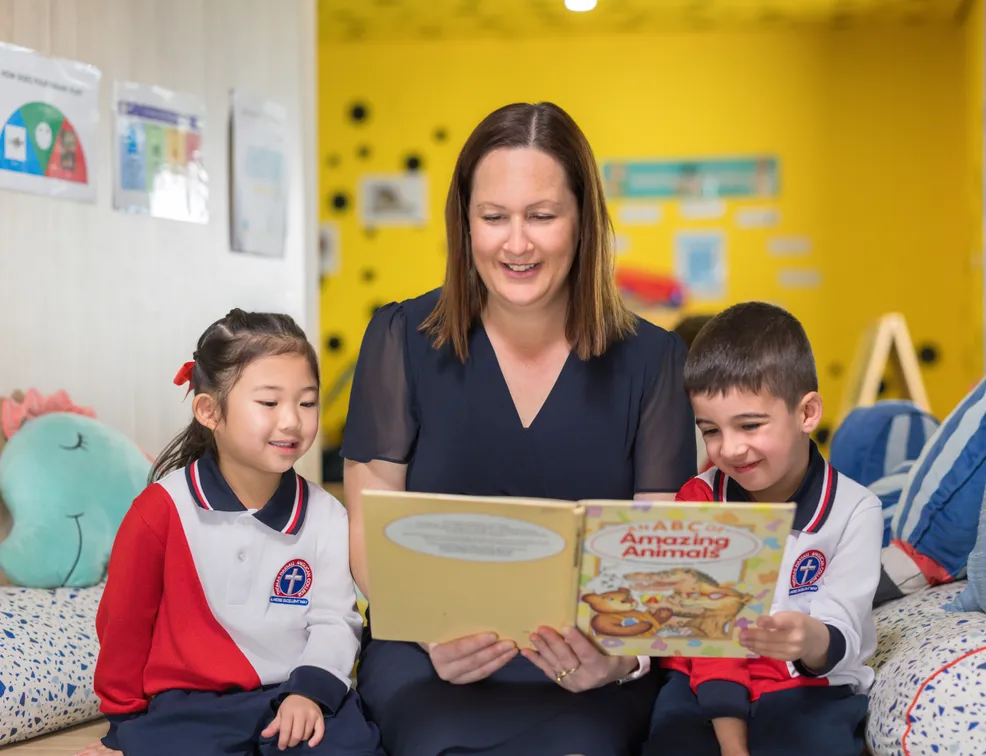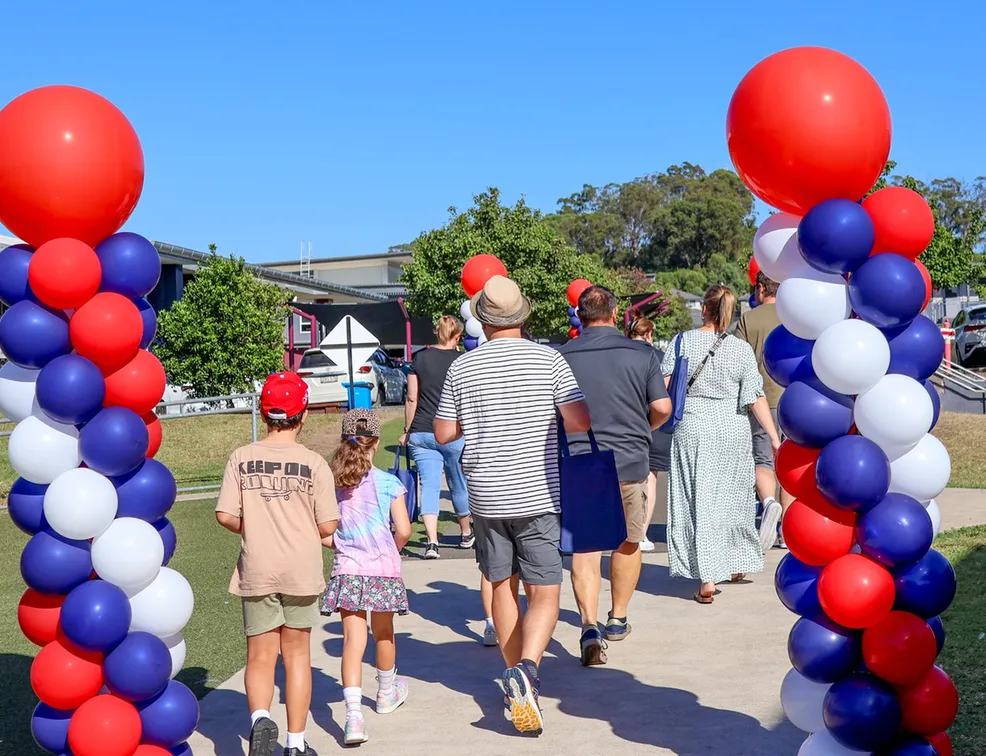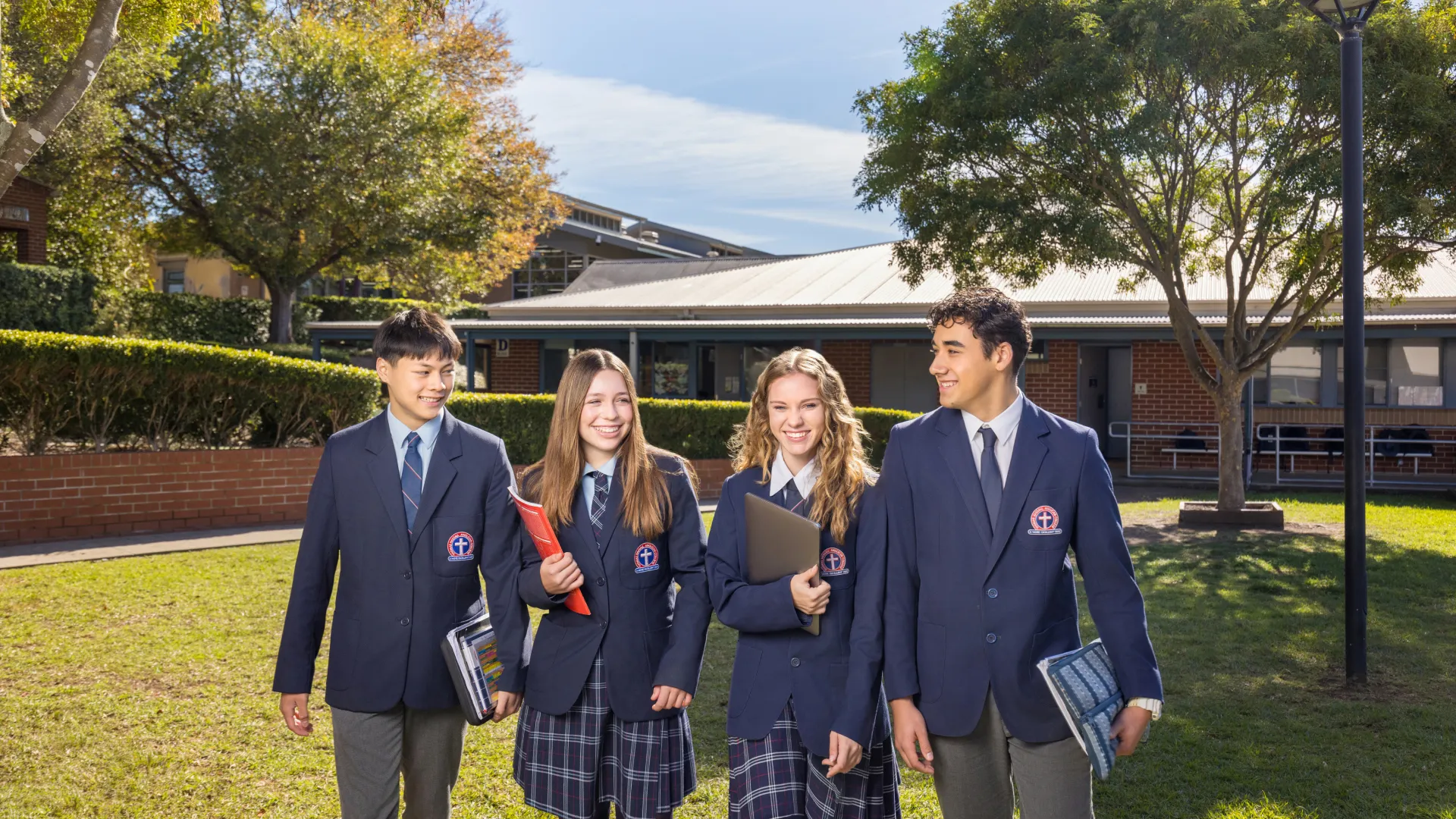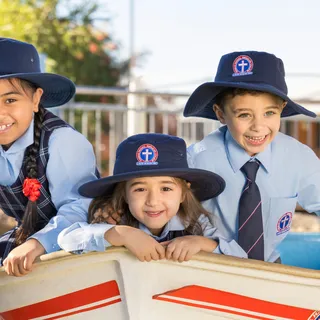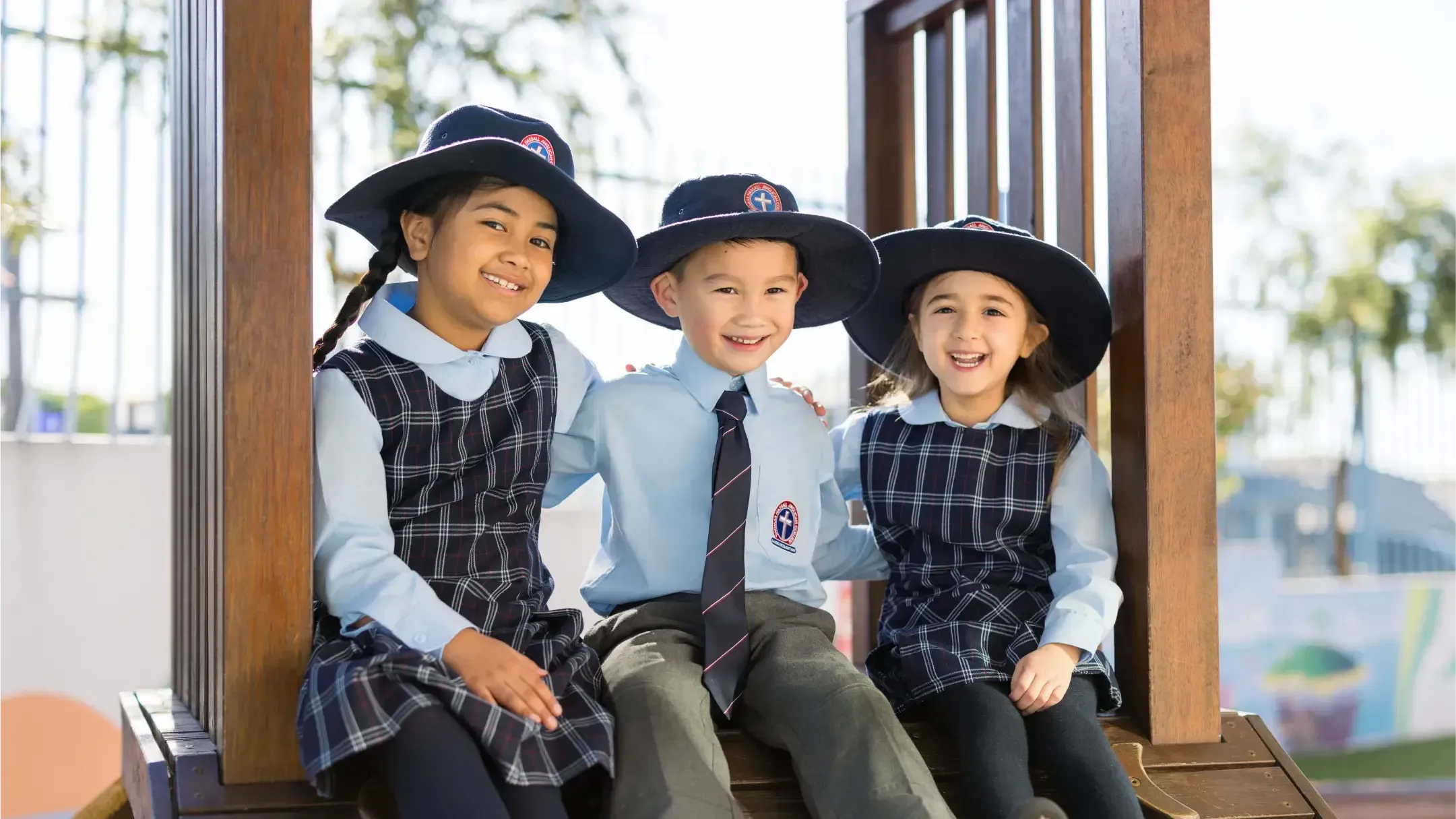
Frequently Asked Questions
Got questions? Our FAQs make things easy
Some common questions include
Why choose Thomas Hassall Anglican College?
The characteristics of the College that parents have indicated attracted them to the College include:
- Prep - Year 12 Co-educational
- Excellent College reputation
- Academic performance
- Range of extra curricular activities
- Quality Affordable Christian Anglican Education
- Continuum of students for duration of your child's schooling Prep - Year 12
- Care and support in a Christian environment that is based on biblical values
- Safe learning environment through care and professional staff
- Modern air-conditioned facilities
- Leading edge technology
- Nurturing of students' talents and interests
- Opportunities for students to learn about Christianity from the Bible
What is the Christian background of the College?
The College was established in 2000 under the banner of The Anglican Schools Corporation. As an Anglican College within the Diocese of Sydney, our programs, curriculum, approach to pastoral care and discipline are informed and underpinned by the values, principles and truths contained in the bible. What we believe influences what we do. The College is registered and accredited by the Board of Studies.
Our Christian Studies Program, which is taught from Prep to Year 12, is designed to help students to understand Christianity so that as they mature they can make an informed assessment of its relevance to their life.
All members of the staff are personally committed to living by the beliefs and principles contained in the 'Belief Statement'.
How many students are there?
The College was established in 2000 commencing with 150 students. As at present the College has a student population of over 1800 students. In Junior School (Prep - Year 6) there are more than 840 students. This includes 80 Prep students. In Senior School (Years 7-12) there are more than 900 students.
What does the College expect that students will have achieved when they leave this learning community?
The College expects that they will have:
- received a high quality and well-rounded education
- experienced success in learning and optimised their potential
- recognised that they are accepted and valued for who and what they are
- acquired the skills and desire to be learners for the rest of their life
- been equipped to make a significant positive contribution to society
- acquired a mature understanding of the Christian faith and its implications for daily living and
- internalised the meaning of living in 'A More Excellent Way'.
How is the College managed?
The College is governed by a Council appointed by and accountable to the Board of the Sydney Anglican Schools Corporation Limited. The Chairman is Mr Craig Moore. See Governance for further detail.
The Council sets the direction for the College and monitors its progress. The educational leadership and management of the College is entrusted to the Principal - Mrs Karen Easton.
What is Prep?
The purpose of our Prep program is to prepare the children for Kindergarten.
The structured program that is taught is based on the Early Stage One Curriculum which dovetails into the Kindergarten program. The children will be prepared for the formal learning that will take place in the following year. The teachers are trained educators with many years experience in Early Childhood.
The children acquire the skills needed for writing and also basic mathematical concepts. They learn to listen, follow directions, work as a group and to socialise with others. They learn through play, language activities as well as more formal activities. They learn basic sounds and sightwords when they are ready. The program gradually becomes more challenging as the year progresses.
The children will have been taught all the prerequisites to the Kindergarten program at the College. While no formal testing will be carried out, important information that will be helpful for their Kindergarten teacher can be passed on. If a child has a specific learning need, either extra support or extension activities, this will have been detected and the Kindergarten teachers will be able to incorporate those needs.
Transition to school will be easier as the child will be used to the rules and routines of the College. They will participate in all the College activities such as Easter Hat Parade, Grandparents Day and other College events. They will be used to the playground and the facilities such as the Auditorium, Library, Sporting Fields, etc. Children will feel part of our College family, whether they are siblings or new families to the College and both you and your child will begin to form relationships with the staff and families from the College.
Do you have any problems with having four year-olds on the same campus as fifteen or eighteen year-olds?
Quite the contrary, we make constructive use of the age range of students to develop leadership skills amongst the older students through their helping and supporting the younger students. In turn, our younger students imitate the good habits of the older students. From time to time we do things together as a whole College. We also do many things in smaller groups.
How safe is the College?
All of our staff are sensitive to potential threats to children's safety and take steps to ensure students do not harm one another or themselves. Our property is enclosed. Passive playground areas are differentiated from areas for active play. The playground is supervised actively from 7.30 am till 3 pm. All visitors to the site must register with the Office on arrival and sign out when they leave. All voluntary helpers are required to undergo screening by the Commission for Children and Young People and participate in a compulsory training and induction course. Every adult on the campus must wear an approved College badge.
How important is homework?
Good homework is stimulating and challenging. It is the teacher's task to craft homework activities that students will enjoy doing. Good homework consolidates learning at College. Good homework develops lifelong habits. Ill-conceived or too much homework is counterproductive. Students need time to play sport, to learn musical instruments and just to relax.
The College strives to get this balance right. It is important that parents and their child's teachers talk together early in the year to understand each other's expectations. All homework should be marked and students given appropriate feedback.
In Years 7 to 12, homework is complemented by formal assignments. The details of these are printed in a booklet which is issued to each student/family at the beginning of the year.
How often do parents receive written reports on their child's progress?
Parents receive a mid-year report as well as an end-of-year report. These reports provide a balanced statement on how well the student is accomplishing the intended outcomes and the areas in which greater effort or attention may be needed. The reports also provide evidence of the student/s participation within and contribution to the College.
What opportunities are there for parents to interact with teachers?
The College encourages parents to become acquainted with their child's teachers from the beginning of each year and to take advantage of each of the formal occasions in which teachers make themselves available for interviews on students' progress. The timing of these varies according to the Year in which the student is enrolled.
Parents may also make appointments to see individual teachers throughout the year.
In Years 7 to 12, the student diary is used by teachers to convey messages to parents and may be used by parents to respond.
Are textbooks provided?
Generally most textbooks are provided in an eBook PDF format for students to download from their student dashboard. Not all textbooks are available electronically. However, textbooks which are essential to a secondary course are lent to students by the College if they need a copy other than an electronic version. Students who lose a textbook or return it damaged incur a fine equal to its replacement cost.
Does the College have a canteen?
The College Canteen provides lunches and other food five days per week. The Canteen is owned by the College and its revenue is used to enhance College facilities. Ordering is available online through Munchmonitor. Students can use their Student Cards to purchase from the canteen.
Are there camps and excursions?
From time to time students participate in single day educational field trips or benefit from the visit of external groups. The College has a program of overnight field trips and camps, some of which are a mandatory part of the curriculum and included in the College fees; others are optional and are conducted on a user-pays basis.
Is there bus transport to and from the College?
As the College grows, the number of areas served by local bus companies is increasing. Please check Transport for the most up to date bus service links.
Direct Bus Service
The College offer a direct bus service to the areas of; Chipping Norton, Moorebank, Wattle Grove, Holsworthy, Sandy Point, Pleasure Point, Voyager Point,Hammondville, Bardia, Denham Court, Edmonson park and Willowdale. Please contact [email protected] for further details and availability.
What is covered in the fees?
The tuition fees are used to pay the salaries of the staff and some of the operating expenses of the College, including paying off the loans which have been obtained to purchase our site and construct our buildings. The service fees are used to pay for the cost of consumable items, copying paper, craft materials, excursions and sporting travel costs and hire of textbooks.








